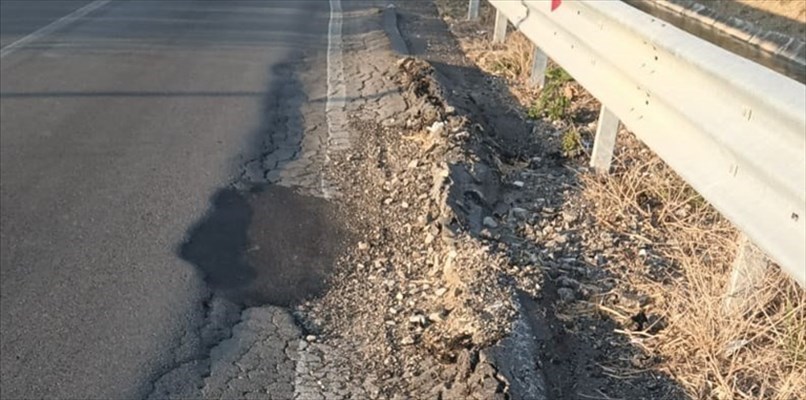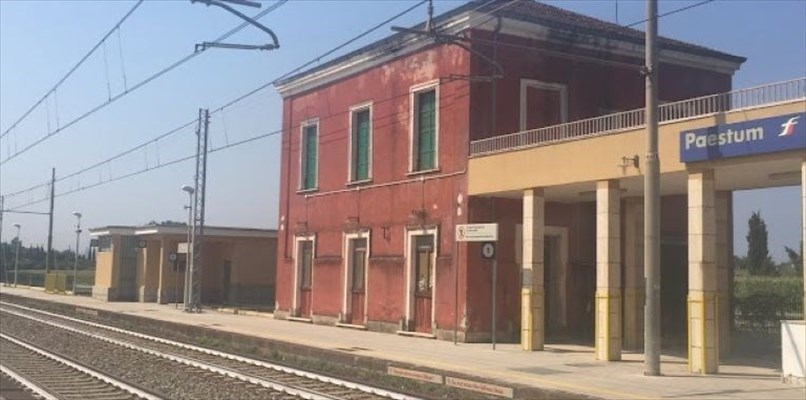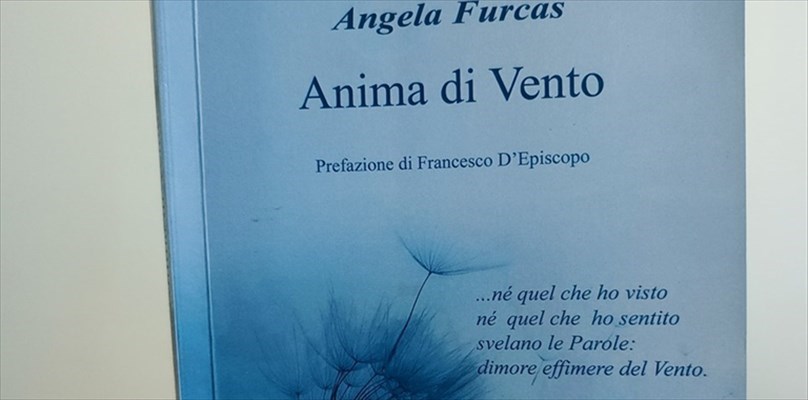we must rediscover the value of time and taking time to distance oneself from the demand of the immediate present
Matera
The natural environment of Matera encourages us to think back to the beginning, considering the essential questions and fundamental values.

The city of Matera is the nominated European capital of culture in 2019, along with Plovdiv in Bulgaria. After Genoa, the European Capital of Culture in 2004, Matera is currently the Italian city that hosts this important event. The slogan chosen to represent Matera is "Open Future.”
The opportunity to (re) discover the heritage of Matera, a city shaped by history and art: the streets with unique attractions, houses set into the rocks and natural caves, dozens of stone churches and museums. All in all, promising fantastic walks around the old town.
The opening ceremony took place on 19 January, last year. The programme extends throughout the entire year: with shows, exhibitions and numerous international events.
Matera, is one of the oldest cities in the world. This new coronation for this southern Italy city, already listed as a World Heritage Site in 1993, acknowledges a nice return to its past. It had been treated as “a national shame,” in the newspaper Corriere della Sera in the early 1950s. Currently, Matera and the Troglodyte’s stones are one of the top places in Europe.
Firstly, called on to become a community, one of the greatest challenges of Matera, a small southern city in Italy which represents the emblem of what could be a tangible and intangible heritage. A developing job which has slowly advanced over the last few decades, that has tried to expand the city while not only brining attention to the stones of Matera.
Matera is widespread and has a large historical centre. It is a city of art and history, “the pearl" of the Basilicata. It has launched a large project for modernization, stone restoration and a broad innovative programme with the slogan, "Open future".
One of the themes addressed by the numerous events is precisely the theme of "Reflections and connections,” starting from the classic Latin motto, and then adopted by Lorenzo de Medici, "Slow Festina" (we must hurry slowly): we must rediscover the value of time and taking time to distance oneself from the demand of the immediate present
and take a step back from the accelerated pace of life in the 21st century. The cultural programme also aims to demonstrate that art, science and the widespread practice of cultural citizenship can be represented throughout the European Union. Europe is promoting a new model of a modern community based on, “the practice of everyday life.”
The natural environment of Matera encourages us to think back to the beginning, considering the essential questions and fundamental values. As in many other European cities, the relationship between Matera and modernization is controversial: Twenty-five years after the registration of the Sassi - once designated as the, "national embarrassment" - on the UNESCO World Heritage List, the city is still trying to find an understanding with its natural identity. The section of the programme, “Continuation and Breaking,” provides an opportunity to develop a collective therapy, the possibility of tackling it, is not happening again to the city itself, but also in many other forms, to ensure that it reaches the European level. All from the growing social inequality, the increase of racism, the inability of many European countries to offer hope and a future to their young people and the tension of the mass migration of desperate people fleeing the ongoing wars in Africa and Asia. Matera 2019, will be the opportunity to see its beauty not only in theatres and museums, but also in the spaces in which we live every day.
Exploring the extraordinary possibilities of some culture movements that unite Europe. The instinct for change, rooted in the people of Matera’s daily life, since tradition of “transhumance,” herds of cattle migrating across Murgia every year. The ability to move is the cornerstone of the region: from ancient Greece to Rome, or from the times of the Byzantines and the Lombards, Arabs, Suebi or Angevins, the Basilicata has always represented a space for meeting and coming together.
Recently, like many other rural regions in Europe, Matera had to deal with being hit hard by the migrant populations before they saw a turn around very close to us, a generation of young people attracted to the values expressed by the culture of the South.













